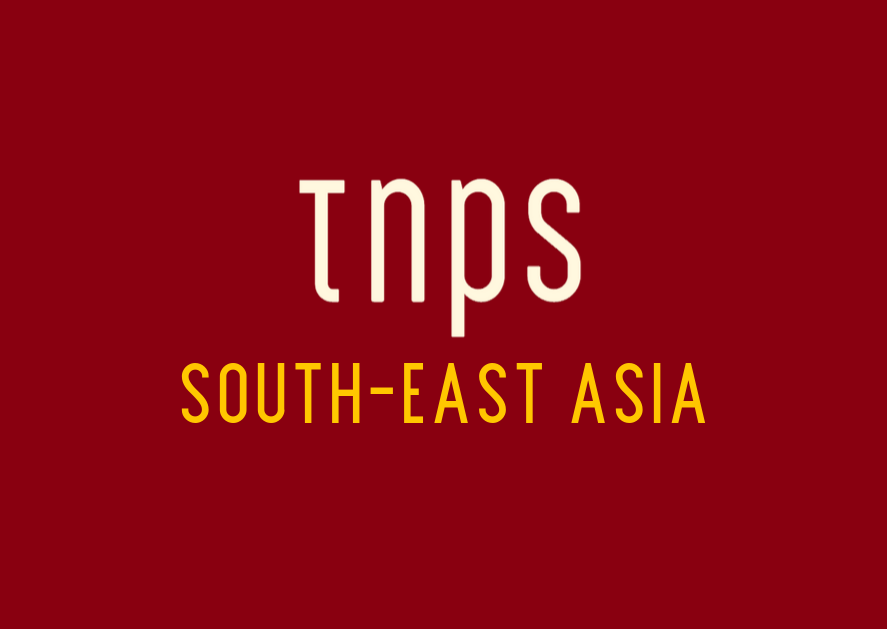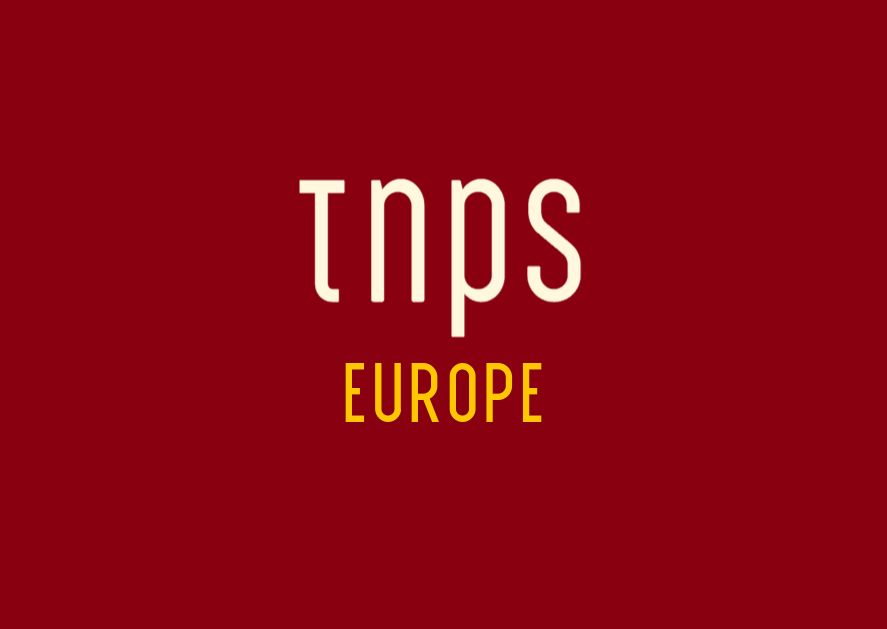Malaysia seems not to be a priority book market for publishers outside SE Asia, guided by the belief that few people read in that part of the world.
But as is so often the case, these urban myths evolve in response to local conditions, and fester into unfounded pseudo-facts that leave readers across the region short-changed and publishers within and beyond the region missing exciting opportunities to build audiences.
Take the new Kota Kinabalu library for example.
For the past seven years the Sabah state capital’s library has been housed in a temporary location in a shopping mall, but the new venue in Tanjung Aru is finally ready to officially open on 23 April, and a 36-hour soft-launch has left the organisers in no doubt Malaysians love to read, no matter what the bookseller stats may tell us.
The library, funded as a joint corporate social responsibility project by the Sabah Development Bank and Lahad Datu Water Supply and costing MYR 49.5 million ($12 million) with the state providing the land and infrastructure, had hundreds lining up through the night to be the first to get membership.
Library director Wong Vui Yin reported that 7,000 visitors crammed in on the first day, eager to see the interior design that has been created especially for the Sabah region of the country.
Wong explained,
We wanted to incorporate a lot of Sabahan elements into the design. We have the local Murut motif ‘Nantuapan’ that depicts two men and two women coming together.
The Malay Mail shares some details:
Together with the architects, Wong ensured key design elements paid homage to Sabah, such as the main counter’s centrepiece, which is a stylised “wakid” or woven basket that farmers use to carry produce on their backs.
The floor also has glass panels that contain sand from Kota Belud and Kudat and some signs in Kadazan.
The children’s section has an underwater theme, and is decorated with images of fish and marine life. It also includes sound absorption panels, an infinity mirror room, a net for climbing and a storytelling corner.
The library will be open every day from 9am to 9pm. Said Wong,
We want the library to not be just about books but somewhere families can go on the weekends. It should be able to serve the community.
No word yet if the Kota Kinabalu library offers digital books. I’ll update with news on that element of this story.
Ebooks of course are famously not big in Malaysia, but we should not be led to faux conclusions by such an observation.
This is a country where neither the Kindle ebook store nor the Apple Books ebook store is available, and with no significant localised digital players Malaysia faces the classic chicken and egg digitisation dilemma.
With few ebook outlets there is little incentive for publishers to digitise, and with few books digitised there is little incentive to expand retail options for ebooks.
Despite this, Statista forecast Malaysia’s 2019 ebook revenue to amount to $20 million, rising to $23 million in 2023.
But there’s a bigger picture here.
Let’s start with the fact that Kuala Lumpur will take over from Sharjah as UNESCO World Book Capital in 2020.
And then there’s Big Bad Wolf.
Malaysia is the home of the world’s biggest book sale, that ships millions – literally millions – of English-language books to countries where conventional wisdom has it nobody reads.
Big Bad Wolf ended 2018 with 4.5 million books at its mega-sale in Kuala Lumpur, and has already ran three events in Malaysia so far this year, and we’re barely into April.
Big Bad Wolf Kuala Lumpur 2018 announced as debut Big Bad Wolf Dubai kicks off
Breathtaking as that is, spare some gasps for the Malaysia Bookfest that every year pulls in a crowd of about 700,000.
And still we’ve not reached the full extent of Malaysia’s love affair with books.
But we can see that in action right now in Kuala Lumpur.
Because, barely noticed by the wider global publishing industry, still recovering from the excitement of the London Book Fair, busy with the Bologna Children’s Book Fair, and making plans for the New York Book Expo, the Kuala Lumpur International Book Fair is underway.
KIBF has been pulling in crowds of 2 million or more every year since 2013.
This from TNPS 2018:
Clearly the readers are there. If Malaysian publishers are seeing less then stellar sales, as some reports suggest, the issues are likely choice, price and availability related.
For authors and publishers globally, Malaysia is an exciting market to be looking at, both for English and Malay titles.





